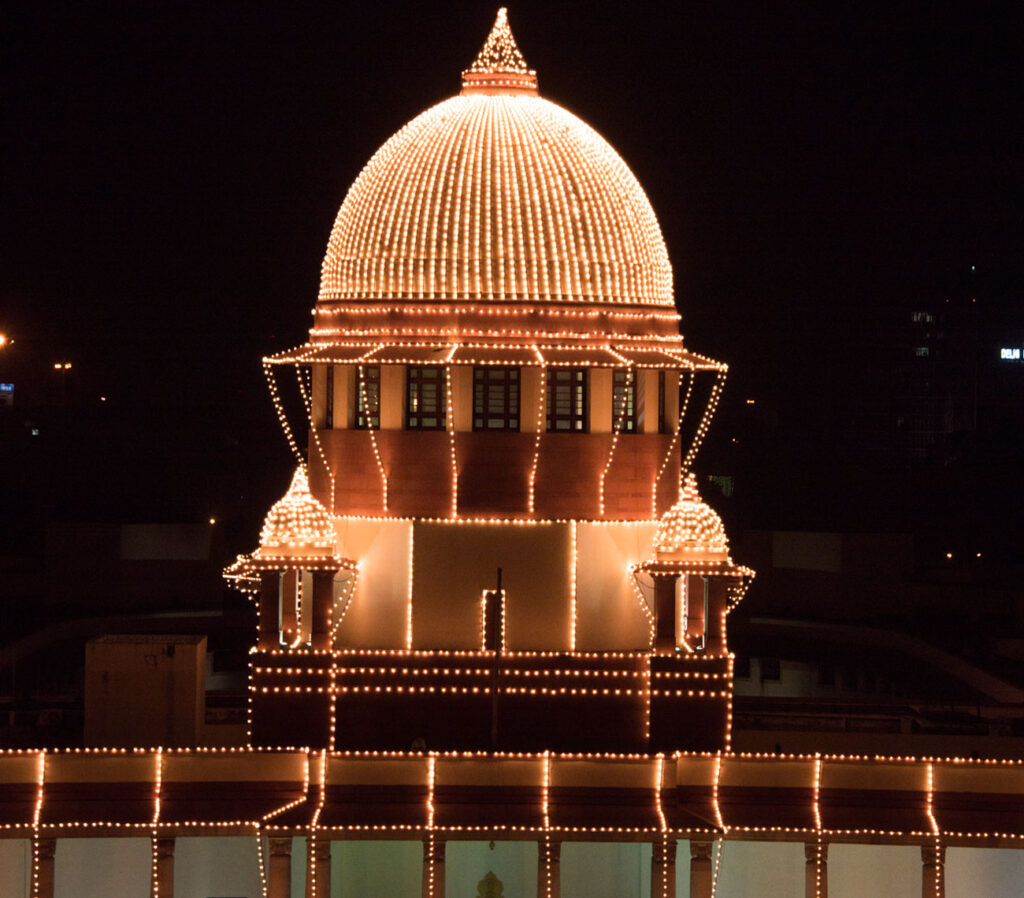New Delhi, March 15.
The Supreme Court will examine if women can be called in to the office of the Enforcement Directorate for questioning. The court, dealing with a plea filed by BRS MLC K. Kavitha, said that it would hear the plea on March 24, 2023.
She was summoned by ED on March 7 and March 11 and has been summoned again on March 16 in connection with money laundering charges in the Delhi excise case.
The daughter of Telangana Chief Minister Chandrashekhar Rao had appeared before the ED on March 11 and was grilled for 9 hours. Her lawyer argued in court that this was “completely against the law” and not sustainable.
Her petition claimed that the case was a political conspiracy by opponents to tarnish her image and that she was summoned even though her name wasn’t in the FIR. She sought quashing of the summons and also recording of her statement in presence of her lawyer.
Women are not currently called to police stations for questioning under Section 160, CrPC. They can be questioned at their residences and in the presence of women cops as far as possible. In her case, she argued that the ED said that there was no such provision under the PMLA.
ED, CBI, and other such agencies enjoy huge police powers under our system. But can they call in women for questioning to their office? That is a debatable issue. The top court will now examine this. The top court has already upheld the ED’s powers to arrest anyone.
Technically though when it summons a person for questioning, he or she is not an accused and hence, they cannot question it in a court of law. Whether those summoned can insist on their lawyer being present is also not clear.
In a recent case involving Delhi minister Satyendar Jain, the Delhi High Court stayed an order passed by a special court allowing a lawyer to be present during his questioning.
Under the Prevention of Money Laundering Act (PMLA), the ED can also summon witnesses. The top court had in a ruling delivered in 2022 upheld the ED’s powers to summon, seize, search and arrest, but has since said that it would reconsider the judgement.

